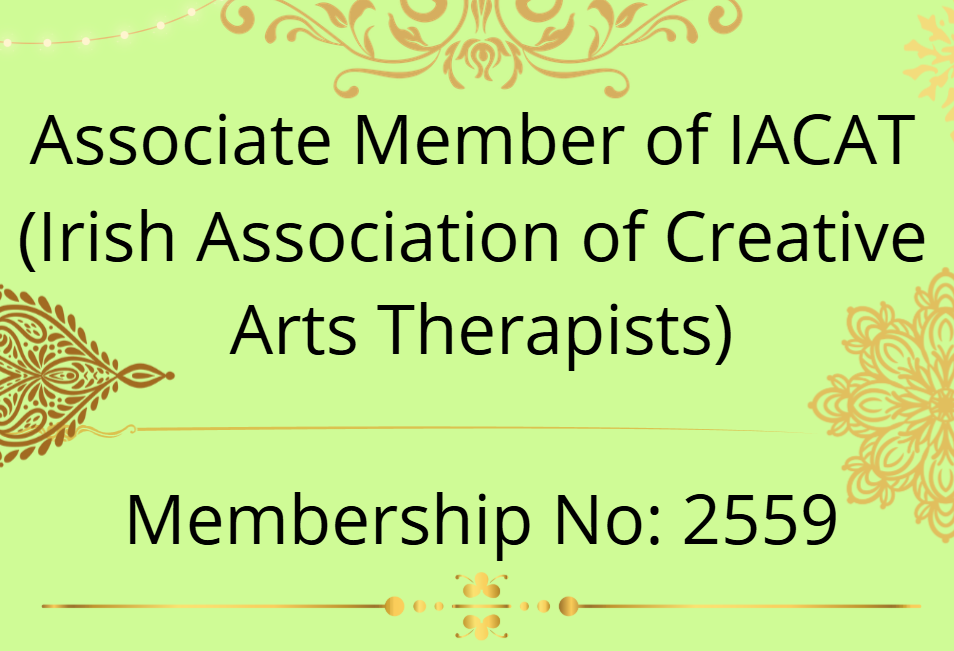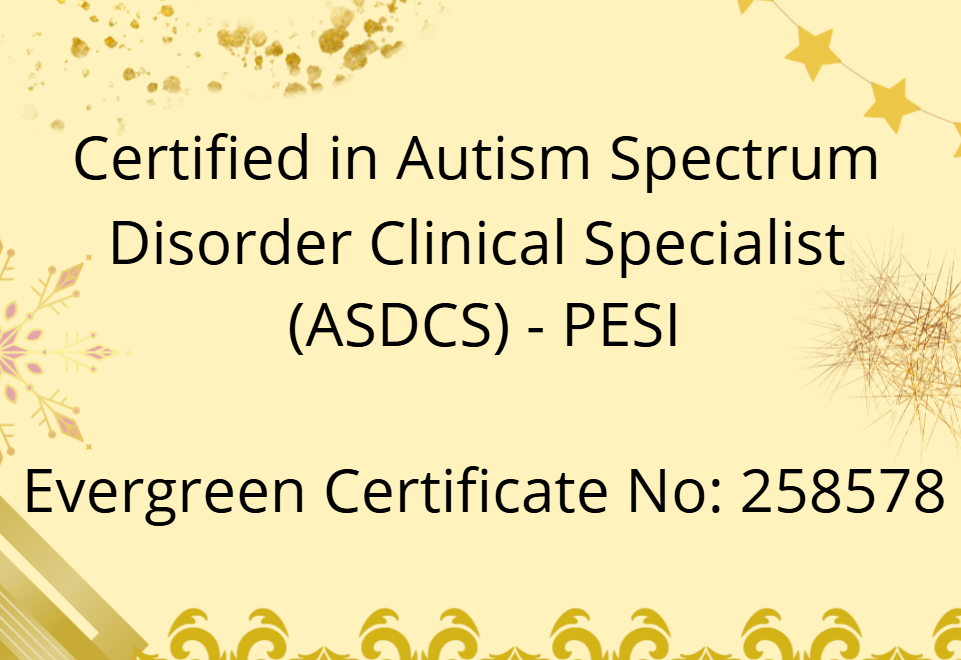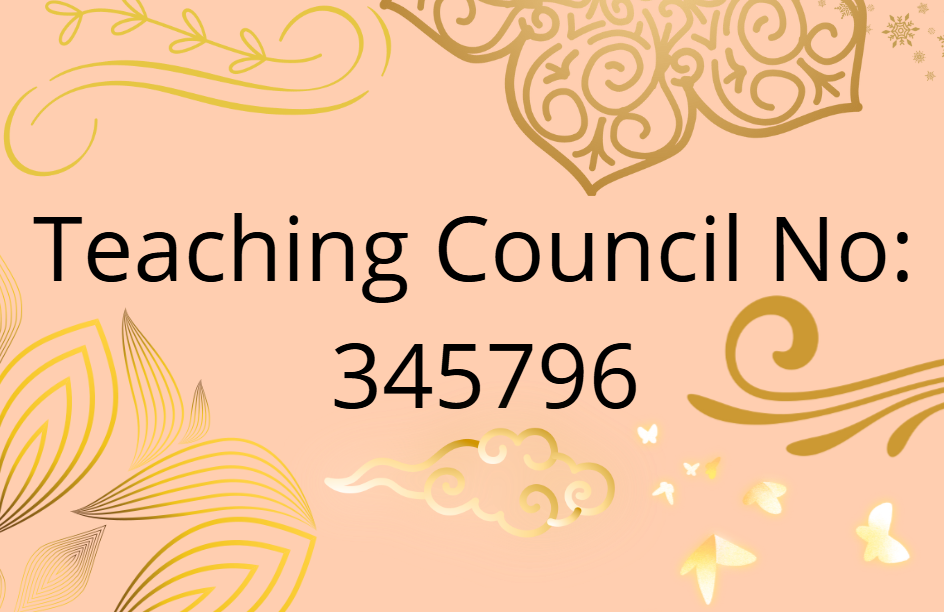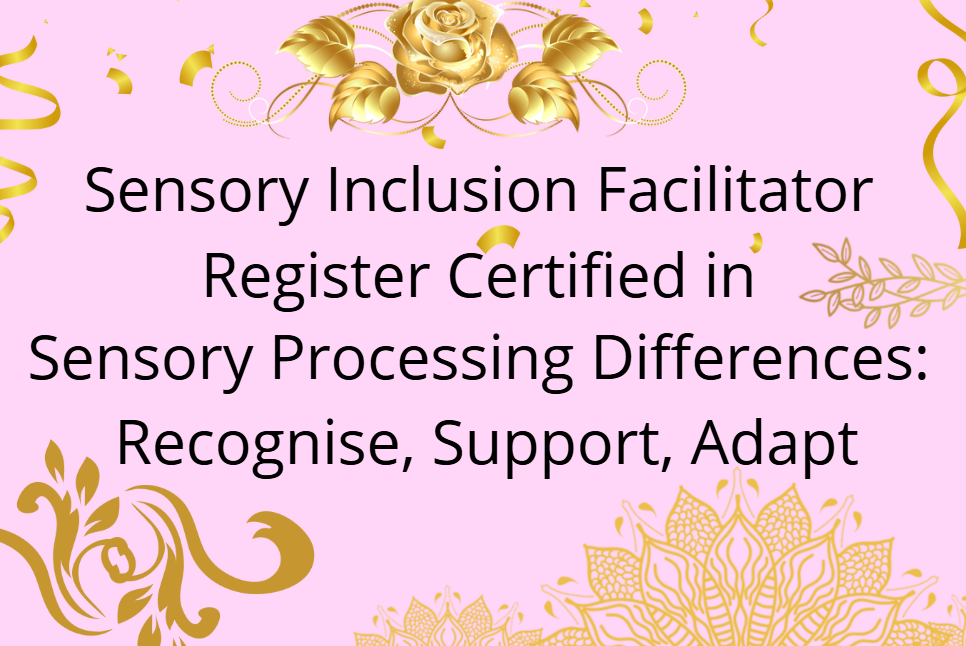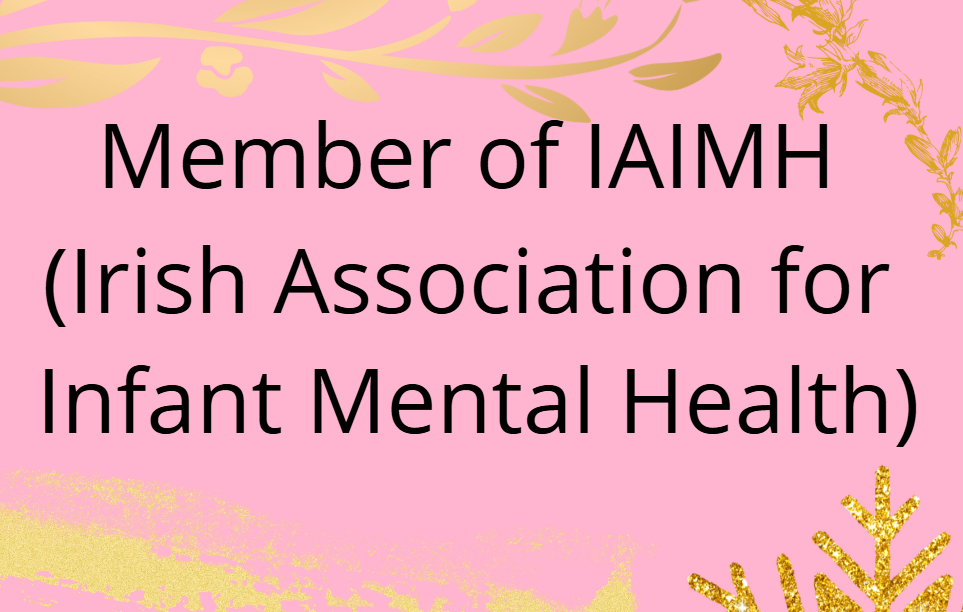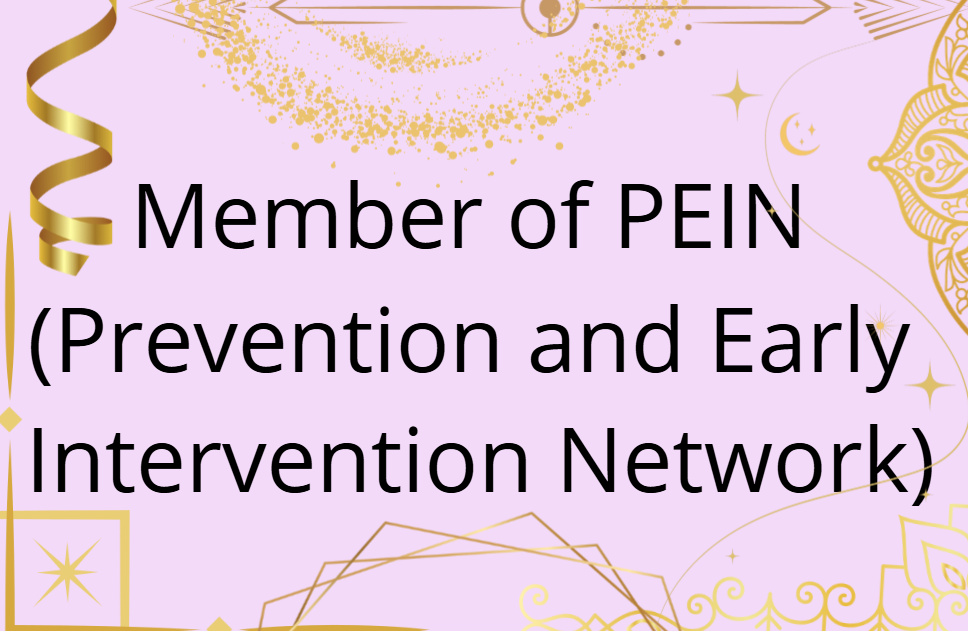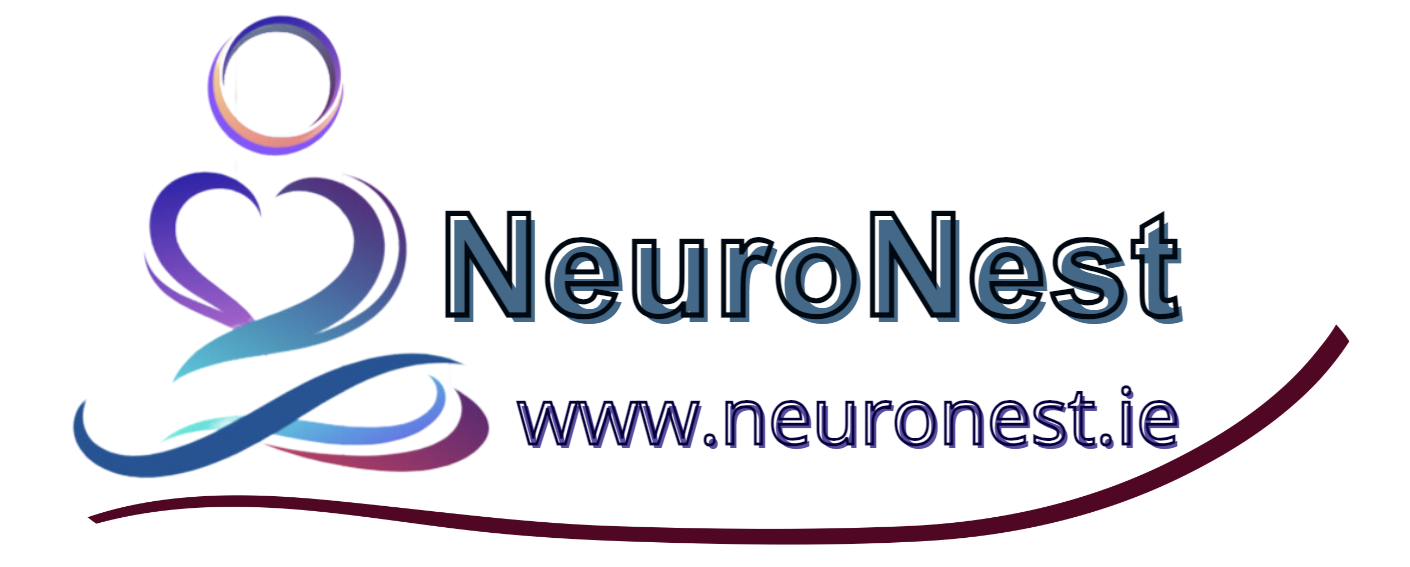Born with Potential, Shaped by Society: How to Find Strength When You Feel Like an Outsider

Author: Kristina Rautek Potocnik, BA (Hons) Ed. Rehab., HDip Early Childhood Studies, MA Early Intervention & Inclusion, Cert. Play Therapy | SI | ASD | Reflexes, ongoing MSc SLT
Born with Potential, Shaped by Society: How to Find Strength When You Feel Like an Outsider
There are moments in life when we feel like we don’t belong. This can happen when we move to a new country, start a new job, become a parent, or go through a big change that makes us question who we are. Even though we are all born with the potential to grow and succeed, the world around us sometimes makes us feel like we’re not good enough, or like we have to hide parts of ourselves to be accepted.
These feelings often show up in small ways. We might start holding back our ideas, staying quiet in group settings, or changing our behaviour to fit what others expect. Over time, this can lead to a sense of disconnection—from ourselves and from others. We may begin to doubt our own voice, our value, or our right to feel at home in a new place or role.
But this doesn’t mean something is wrong with you. These feelings are often the result of pressure from outside, not from who you truly are inside.
The first step in finding your way back is self-awareness. Ask yourself: “Why do I feel this way?” and “Are these thoughts coming from me—or from what the world expects of me?” This simple reflection can help you see what truly matters to you and reconnect with your inner values.
It also helps to question old beliefs. Maybe you were told you need to act a certain way to be accepted or successful. Maybe you feel like you need to do things “perfectly” to be seen as a good parent, partner, or employee. But are these beliefs really yours? Or were they given to you by others? Letting go of pressure and choosing your own path can bring freedom and peace.
When you feel like an outsider, it’s easy to forget how far you’ve come. But the truth is, you’ve already handled challenges, adapted to changes, and kept going in hard moments. These are signs of real strength. Your experiences, your values, and your ability to keep moving forward all make you who you are.
Surrounding yourself with people who support and understand you is also important. Whether it's friends, family, or a local community, being around others who respect your true self can help you feel grounded and accepted.
Letting go of what others expect and listening to your own needs takes courage. But that courage opens the door to feeling at home—in your own life, in your new environment, and in your own skin.
So, what can you do today?
Start by reminding yourself that your value doesn’t depend on fitting into someone else’s expectations. You don’t need to be perfect. You just need to be true to yourself. Your potential is already inside you. You simply need to give yourself permission to live it.
We are all born with potential. How we grow, how we connect with ourselves, and how we build a life of meaning—that is in our hands.
Start now. You are enough. You deserve to feel strong, real, and at home—wherever you are.
Latest Posts
- How children make sense of the world through their senses
- How your baby learns about the world through their senses
- Helping your child grow stronger through movement and play
- Understanding How Early Intervention Helps Children Learn, Move, and Connect
- How to Recognise Tactile Defensiveness and Help Your Child Feel Safe
- Understanding Feeding Challenges and How to Support Your Child at Home
- Let’s Talk Sitting: Exploring Floor Seating Options
- Retained Primitive Reflexes: The Hidden Cause Behind Developmental Struggles
- Where Curiosity Blossoms: How Children's Play Nurtures Growth for All
- Helping Your Child Through Stress: A Gentle Guide for Parents
- Sweet Little Lies – How to Recognise and Respond with Care
- Chores Are More Than Just Tasks – They’re a Tool for Growing Independence, Focus, and Confidence
- How to Help Children Develop Emotional Intelligence
- Blending Technology and Care: How VR Meta Quest Supports Children at NeuroNest
- A simple guide for parents who want to raise confident, happy children
- Setting Boundaries with Love: A Simple 3-Step Guide for Parents
- Understanding Behavior Through the Nervous System
- A Compassionate Lens on Dysregulation in Non-Speaking Autistic Individuals
- Supporting Development Through Movement: The Role of the Swing in Early Intervention
- Blending Tradition and Innovation: How NeuroNest Supports Your Child’s Unique Journey
- When Movement Meets Innovation: Supporting Child Development with GoBalance
- Why Visual Perception Matters for Everyday Life and Development
- Benefits of Chess in Early Intervention
- Building Healthy Nutrition from the Start
- A Journey Back to Your True Self
- Supporting Your Child’s Hand Skills for Confident Writing
- Blending the Best of Both Worlds
- Helping Toddlers Eat Well: A Parent’s Guide
- Why Tummy Time Matters for Your Baby's Development
- Helping Your Child Build Everyday Independence
- Who Are the Disconnected Kids?
- From First Tries to Automatic Habits: Understanding the Stages of Skill Learning
- Why a Child’s Level of Alertness Matters for Memory and Learning
- Early brain development starts before birth
- Why Slowing Down, Adapting Tasks, and Adding Breaks Helps Children Learn Better
- Why ADHD, Autism, Dyslexia and Other Challenges Need a New Approach
- The surprising power of copying in child development
- Books are more than just language tools—they’re powerful allies in sensory and motor development.
- Rethinking sensory support: moving beyond expensive rooms toward everyday understanding.
- Understanding how fear develops in a child’s brain
- Understanding how an early baby reflex can affect your child’s daily life
- A gentle start into baby development through movement and bonding
- A child-centred, research-informed approach that uses the power of play to support communication, emotional regulation, motor development, and meaningful growth from infancy to twelve years.
Our Partners

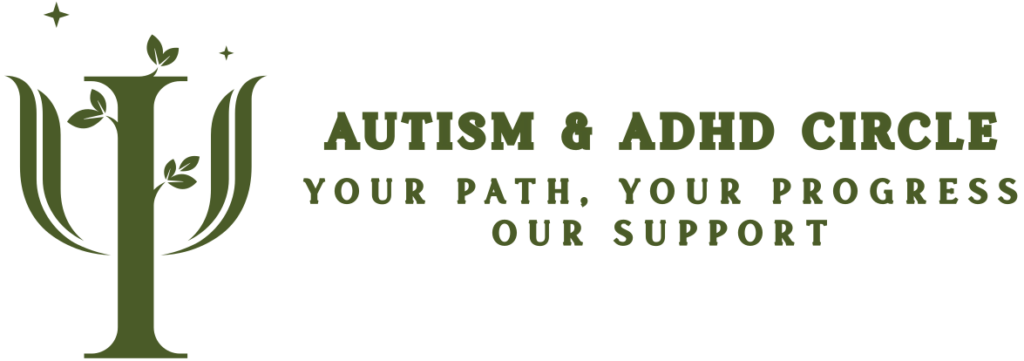
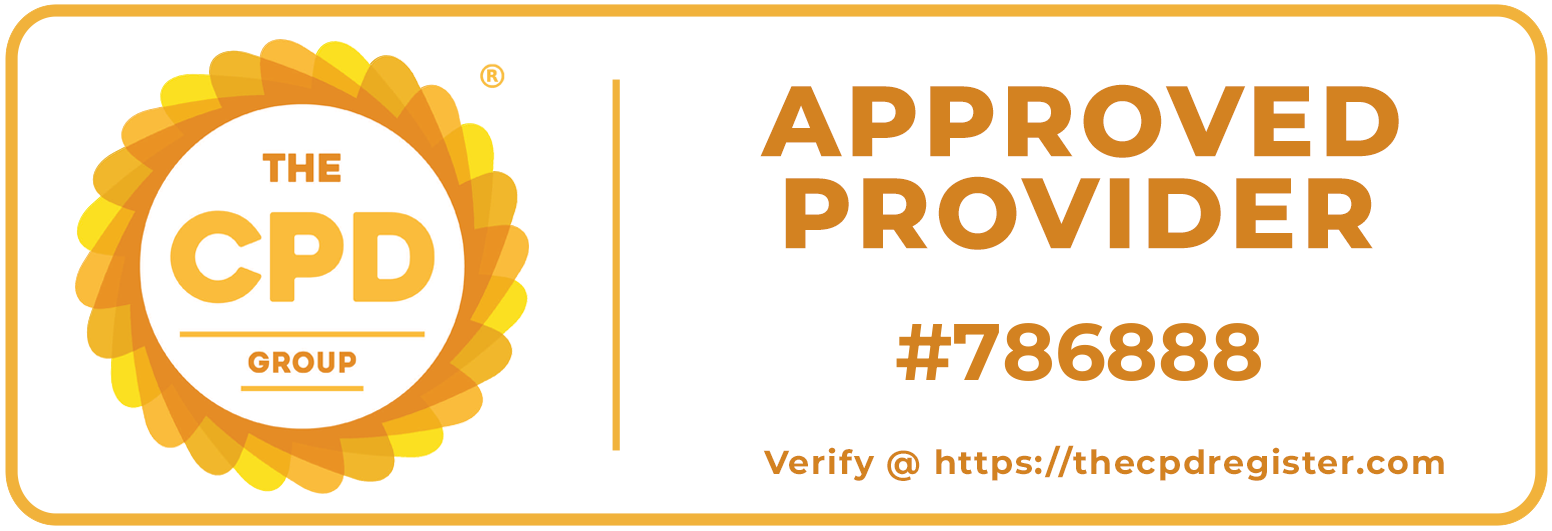
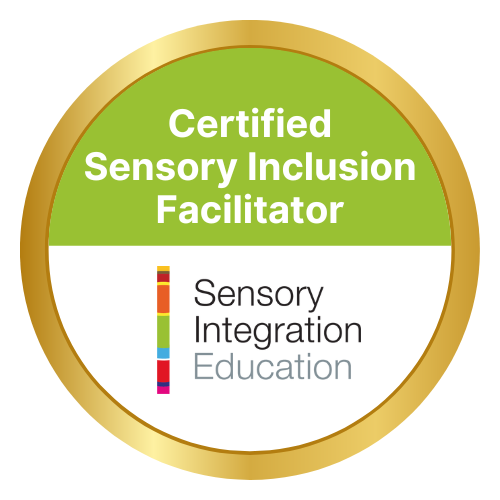
Our Memberships


